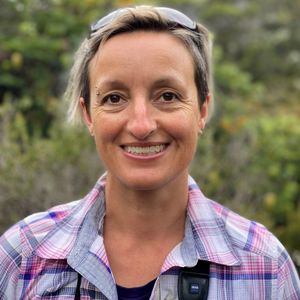Ayesha Tulloch
School of Biology & Environmental Science
- Agriculture & environment
- Industry & business solutions
- Land Use & Regional Planning
BIO
Dr Ayesha Tulloch is a conservation decision scientist with a background in ecology and a passion for building knowledge and tools to address the world’s most pressing challenges of recovering biodiversity whilst maintaining human well-being in human-modified landscapes. It is important to Ayesha that her research is applicable and accessible to the people and organisations that make conservation decisions, and she takes a transdisciplinary approach to her research, drawing on a range of field and analytical skills, collaborations and professional experience to address real questions that address the global biodiversity crisis we are currently facing.
Ayesha is building a team of researchers at QUT interested in developing resilient agri-food supply chain interventions that can benefit both biodiversity and people. Despite many efforts to monitor and manage declining species and ecosystems around the world, biodiversity is still not routinely included in mainstream decision-making and continues to decline at the highest rate in human history. Added to this is the problem that both natural and agri-food systems are changing all the time, with climate change likely to increase the impacts of extreme events like drought, fire and economic shocks. Ayesha's goal is to build approaches and tools that can help predict the effectiveness of different kinds of interventions in agri-food systems (e.g. farm sustainability initiatives, consumer marketing to change purchasing behaviours, taxes on “unsustainable” foods), and learn how we can best manage dynamic production and consumption systems to have the best outcomes for people and for nature. Please contact her if you are interested in working with her on this.

